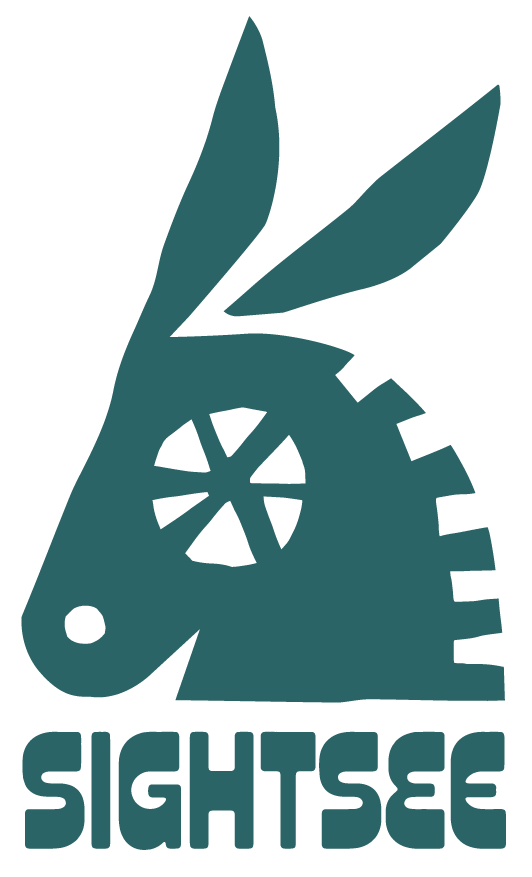
Guji Mane Pt. 2: Ethiopian Origin
Joel SadlerShare
In Part 1, we explored the personal and cultural impact in America of releasing a specialty coffee called "Guji Mane." The great thing about this coffee is it isn't just branding, it's also world class coffee by any standard and deserves to be represented as such. Here in Part 2, we'll take a look at the origin of the coffee itself.
The history of coffee through the present day is wrought with violence, theft, human bondage, cultural appropriation, experimentation, technical advancement, poverty, wealth, revolution, connection and just about everything else that is terrible and wonderful about humanity. Countless volumes have been written that do more justice than I could with any sort of summary here.
Instead, let me just note that the story of coffee begins in Ethiopia and then fast-forward thousands of years to the present day to highlight this particular Ethiopian coffee.
Determining the precise origin of any given coffee exported from Ethiopia is notoriously difficult. There are overlapping concepts of geography, functionality, and political boundaries that do not always align and just being able to pinpoint origin at the country level has been satisfactory for most consumers elsewhere in the world.
It takes concerted effort and direct relationships to determine precisely where coffee is grown and by whom. Acquiring this knowledge is not just an academic exercise, though. By making every part of the supply chain transparent - from the farm to the processor to the exporter to the importer to the roaster to the cafe to your cup - we are better able to expose who is and isn't being fairly compensated along the way. Traditionally, the further away from the cup, the less compensation. The less you know about where your coffee comes from, the less you care.
In the case of Guji Mane, the importer, Atlantic Specialty Coffee, has documented the who, what, and where of the coffee as precisely as any we've seen.
When you take a sip of Guji Mane, you are drinking the literal fruit of Eyasu Worasa's labor. Eyasu Worasa established the Guduba washing station for processing freshly picked coffee fruit in 2012 and works with approximately 600 farmers, each of whom own 1-2 hectares of land in the surrounding area. The Guduba station uses the traditional underwater fermentation process commonly used in Ethiopia in which the coffee is fermented fully submerged in water for in the ballpark of 36 to 48 hours, give or take. After the fermentation the coffee is dried on raised beds for 10-14 days.
The washing station and the surrounding coffee fields are located near the town of Benti Nenka, which is located in the district of Hambela Wamena, which is in turn located in the region of Guji. Guji is located in South Central Ethiopia neighboring Yirgacheffe and Sidamo, which are also fairly well know coffee growing regions. Just to bring things full circle, these regions are located within Oromia which takes its name from the Oromo people who are understood to have first discovered coffee to begin with.
A portion of the coffee Eyasu Worasa and the farmers produced in the October 2019 to January 2020 harvest were imported to the United States by Atlantic Specialty Coffee and roasted by cxffeeblack in collaboration with Ethnos Coffee in Memphis, TN in order to finally be enjoyed by you in a delicious cup of Guji Mane.
Drink up, fam! As Bartholomew Jones would say, "Brew Better, Do Better."



